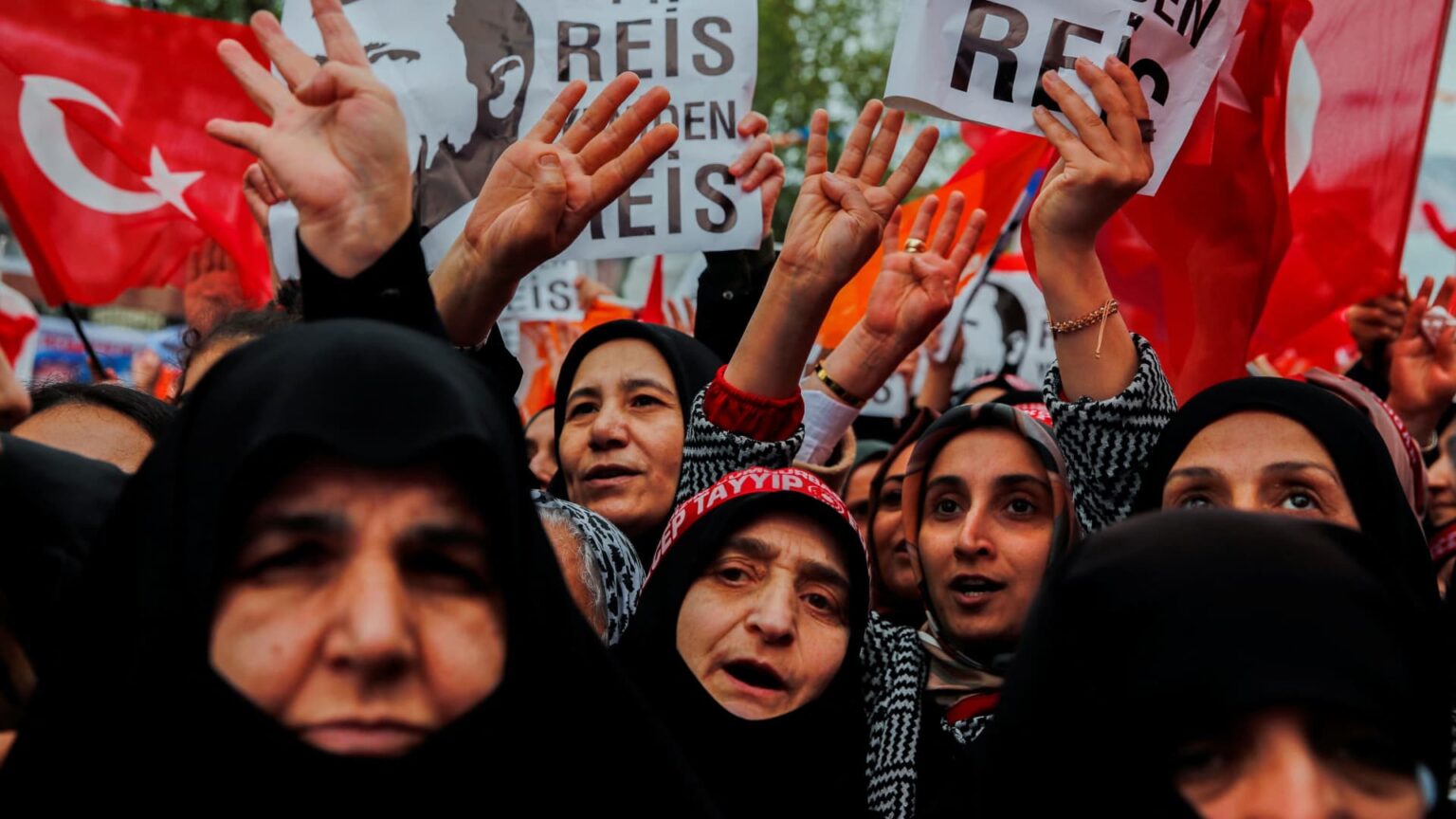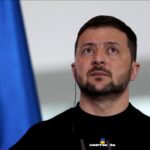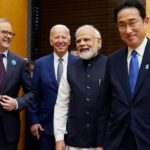Global Courant 2023-05-15 08:19:50
Supporters of Turkish President Tayyip Erdogan attend a rally ahead of the May 14 presidential and parliamentary elections in Istanbul, Turkey on May 12, 2023.
Dilara Senkaya | Reuters
Turkey is heading for a second round after President Tayyip Erdogan led his opposition rival Kemal Kilicdaroglu in Sunday’s elections but failed to win an outright majority to extend his 20-year rule over the NATO member state.
Neither Erdogan nor Kilicdaroglu have passed the 50% threshold needed to avoid a runoff, to be held on May 28, in an election seen as a verdict on Erdogan’s increasingly authoritarian path.
The presidential vote will decide not only who leads Turkey, but also whether it will return to a more secular, democratic path, how it will deal with the severe cost-of-living crisis and how it will strengthen key relations with Russia, the Middle East and will rule the West.
Kilicdaroglu, who said he would prevail in the second round, urged his supporters to be patient and accused Erdogan’s party of interfering in the counting and reporting of results.
But Erdogan outperformed pre-election polls, appearing in a confident and combative mood as he addressed his supporters.
“We are already 2.6 million votes ahead of our closest rival. We expect this figure to rise with the official results,” Erdogan said.
With nearly 97% of the ballot boxes counted, Erdogan led with 49.39% of the vote and Kilicdaroglu with 44.92%, according to state news agency Anadolu.
Turkey’s Supreme Electoral Council gave Erdogan 49.49% with 91.93% of the ballot boxes counted.
Thousands of Erdogan voters gathered at the party’s headquarters in Ankara, blasting chants from loudspeakers and waving flags. Some danced in the street.
“We know it’s not much of a celebration yet, but we hope we will celebrate his victory soon. Erdogan is the best leader we had for this country and we love him,” said Yalcin Yildrim, 39, owner of a textile factory.
Erdogan has the lead
The results reflected deep polarization in a country at a political crossroads. The vote was designed to give Erdogan’s ruling alliance a majority in parliament, which would give him a potential lead heading into the second round.
Pre-election polls showed a very tight race, but gave Kilicdaroglu, who heads a six-party alliance, a slight lead. Two polls on Friday showed him above the 50% threshold.
The country of 85 million – already struggling with skyrocketing inflation – is now facing two weeks of uncertainty that could rattle markets, with analysts expecting swings in the local currency and stock market.
“The next two weeks will probably be the longest two weeks in Turkey’s history and a lot will happen. I expect a significant crash in the Istanbul stock exchange and a lot of currency swings,” said Hakan Akbas, general manager of Strategic Advisory . Services, a consultancy.
“Erdogan will have an advantage in a second ballot after his alliance fared much better than the opposition’s alliance,” he added.
A third nationalist presidential candidate, Sinan Ogan, received 5.3% of the vote. He could be a “kingmaker” in the second round depending on which candidate he endorses, analysts said.
The opposition said Erdogan’s party delayed the full results by objecting, while authorities published the results in an order that artificially inflated Erdogan’s count.
Kilicdaroglu said in an earlier appearance that Erdogan’s party “destroyed Turkey’s will” by objecting to the counting of more than 1,000 ballot boxes. “With objections you can’t prevent what’s going to happen. We will never let this become a fait accompli,” he said.
But the mood at the opposition party headquarters, where Kilicdaroglu expected victory, was moderate as the votes were counted. His supporters waved flags of Turkey’s founder Mustafa Kemal Ataturk and beat drums.
Putin’s main ally
The choice of Turkey’s next president is one of the most sweeping political decisions in the country’s 100-year history and will reverberate far beyond Turkey’s borders.
A victory for Erdogan, one of President Vladimir Putin’s key allies, is likely to cheer up the Kremlin but upset the Biden administration, as well as many European and Middle Eastern leaders who had troubled relations with Erdogan.
Turkey’s longest-serving leader has turned the NATO member and Europe’s second-largest country into a global player, modernizing it through mega-projects like new bridges and airports and building an arms industry that foreign states crave.
But his volatile economic policies of low interest rates, which created a cost-of-living and inflation spiral, left him a prey to voters’ wrath.
His government’s slow response to a devastating earthquake in southeastern Turkey that killed 50,000 people earlier this year added to voters’ dismay.
parliamentary majority
Kilicdaroglu has promised to revive democracy after years of state repression, return to orthodox economic policies, strengthen institutions that lost autonomy under Erdogan and rebuild weak ties with the West.
Thousands of political prisoners and activists could be released if the opposition is victorious.
Critics fear Erdogan will rule in an increasingly autocratic manner if he wins another term. The 69-year-old president, a veteran of a dozen electoral victories, says he respects democracy.
In the parliamentary vote, the People’s Alliance of Erdogan’s Islamist-rooted AKP, the nationalist MHP and others outperformed expectations and headed for a majority.








